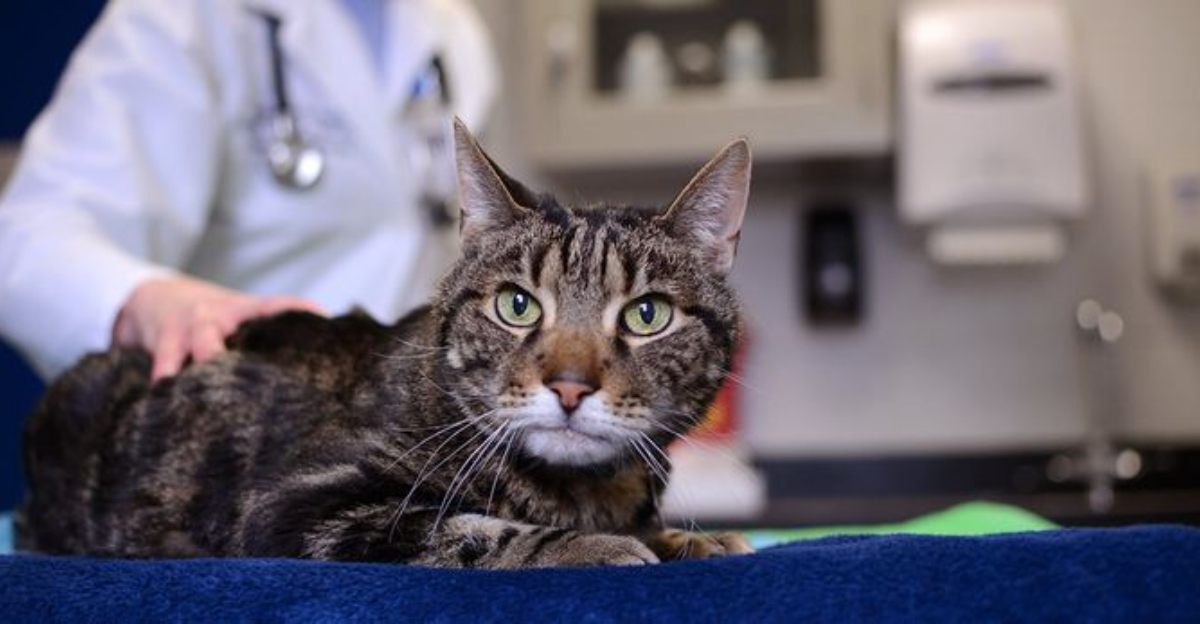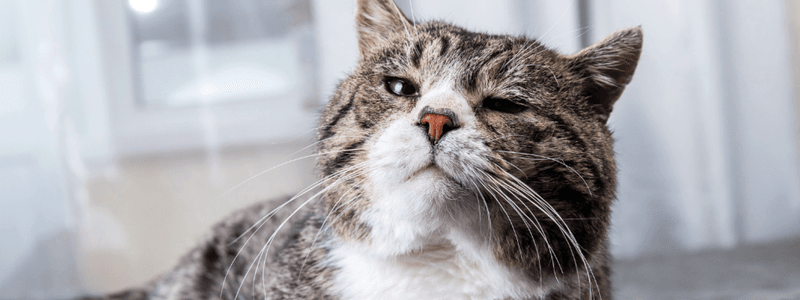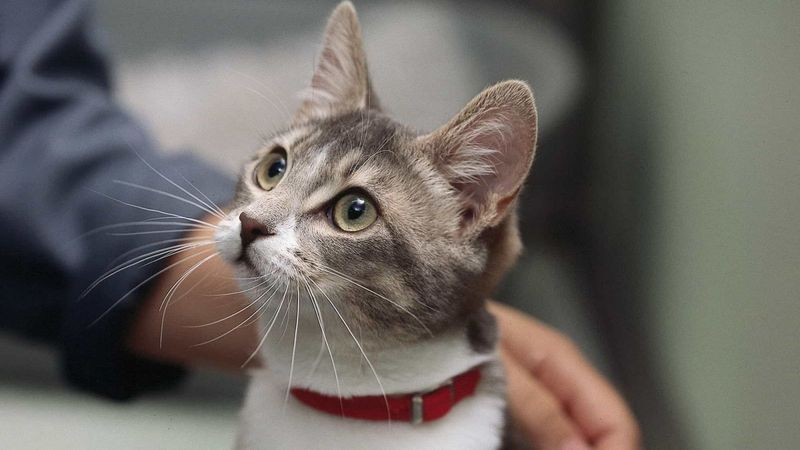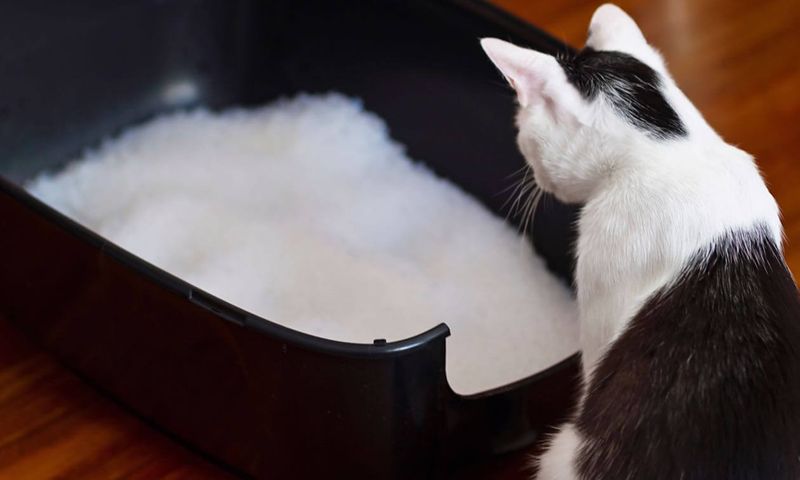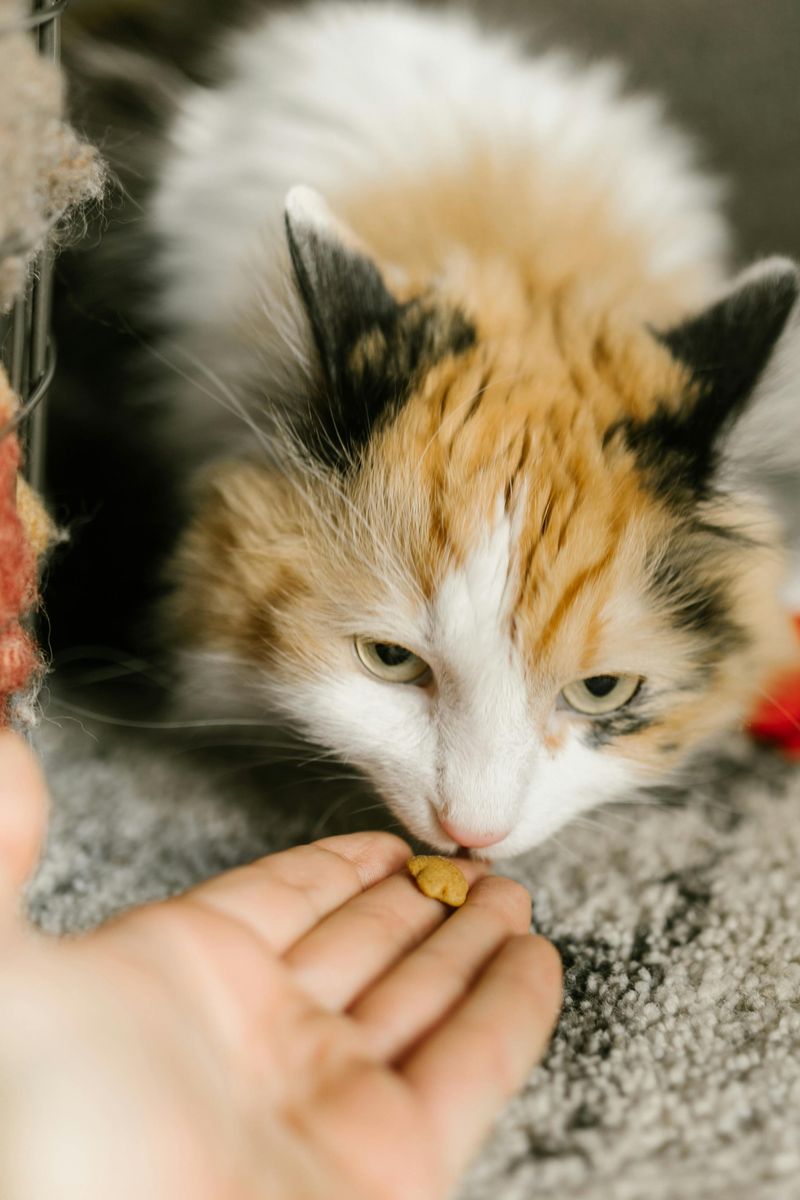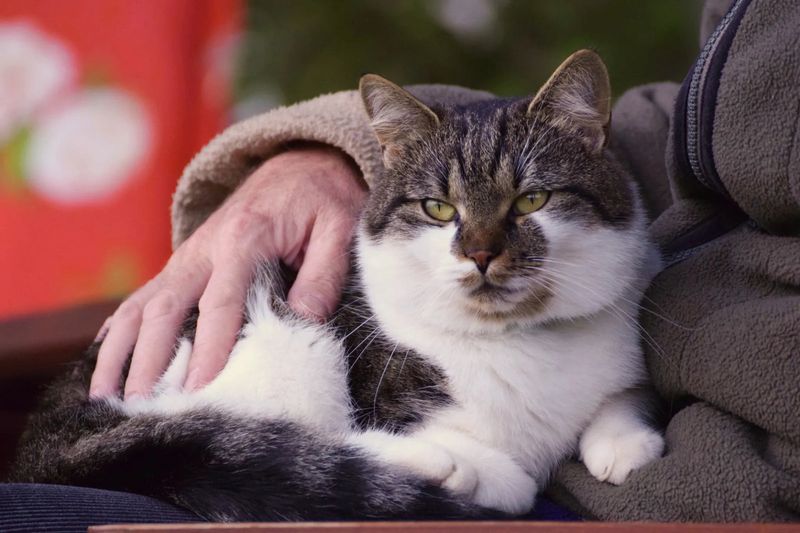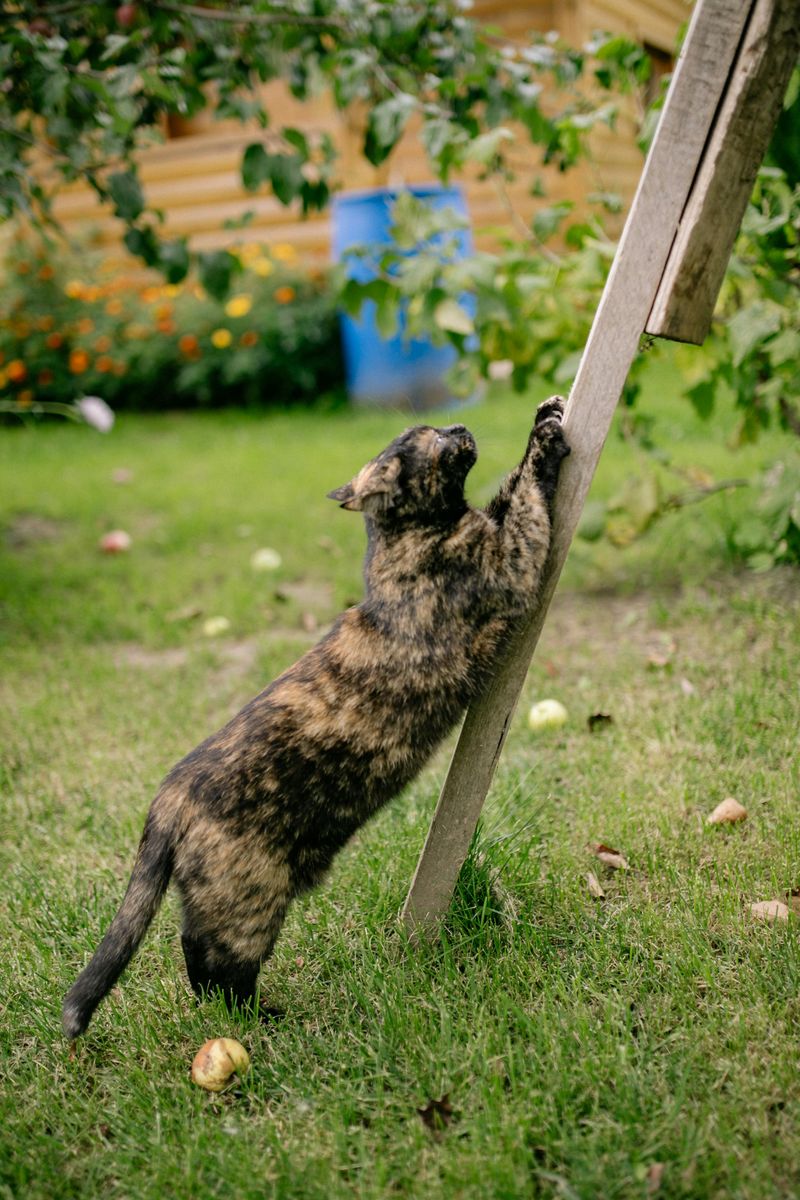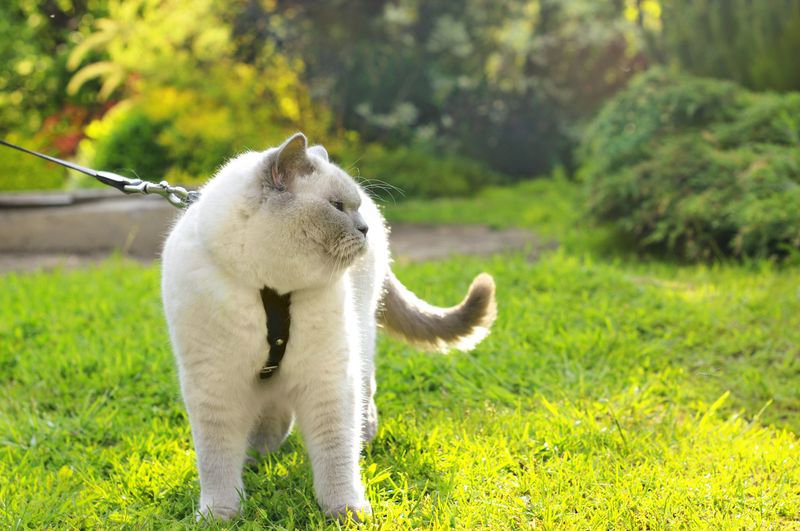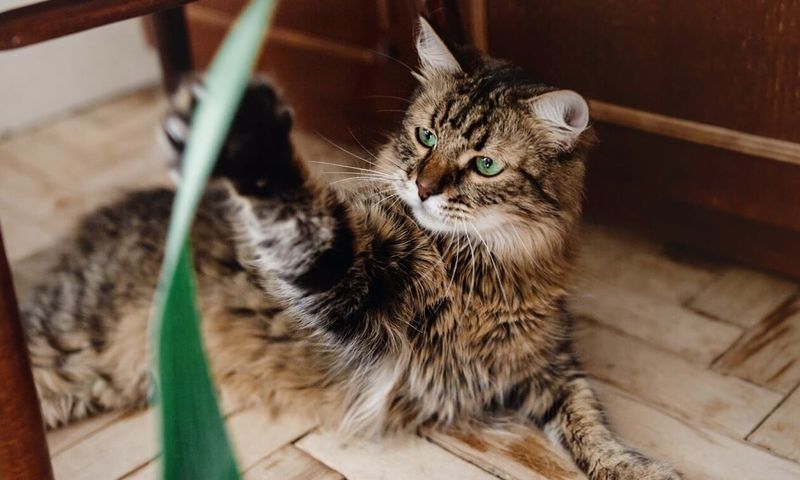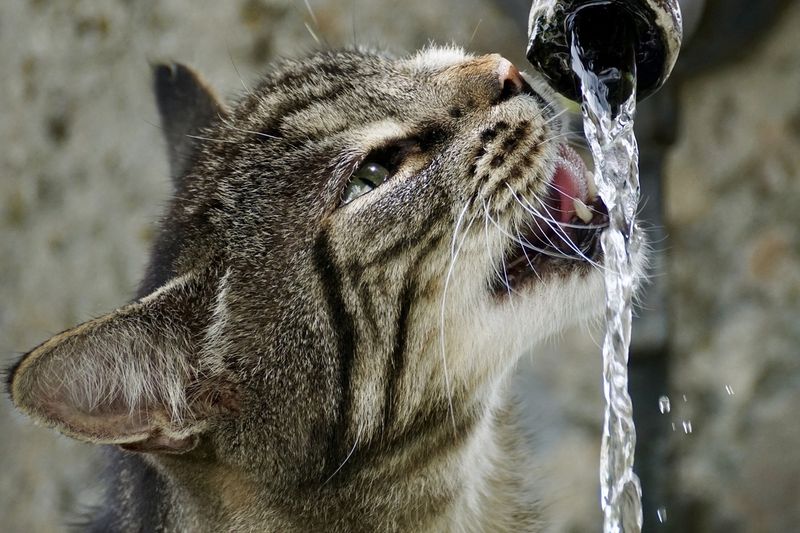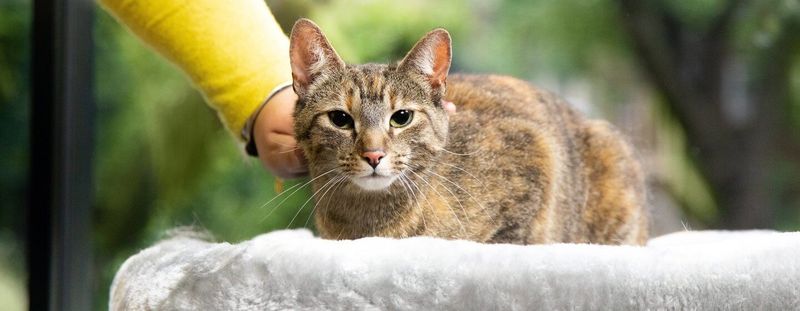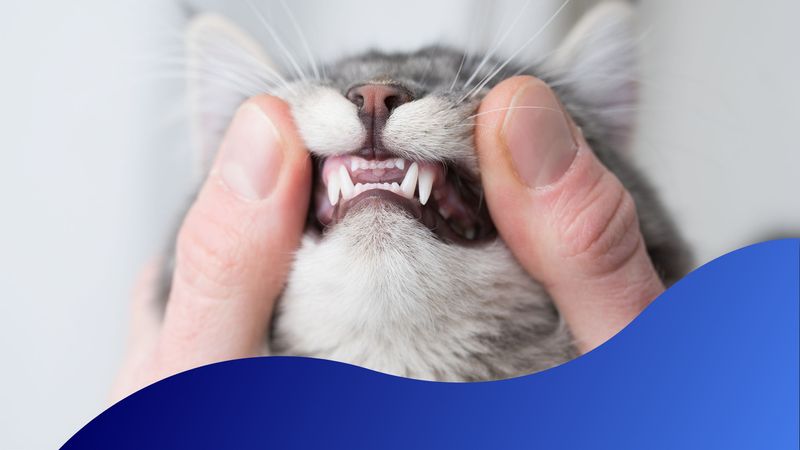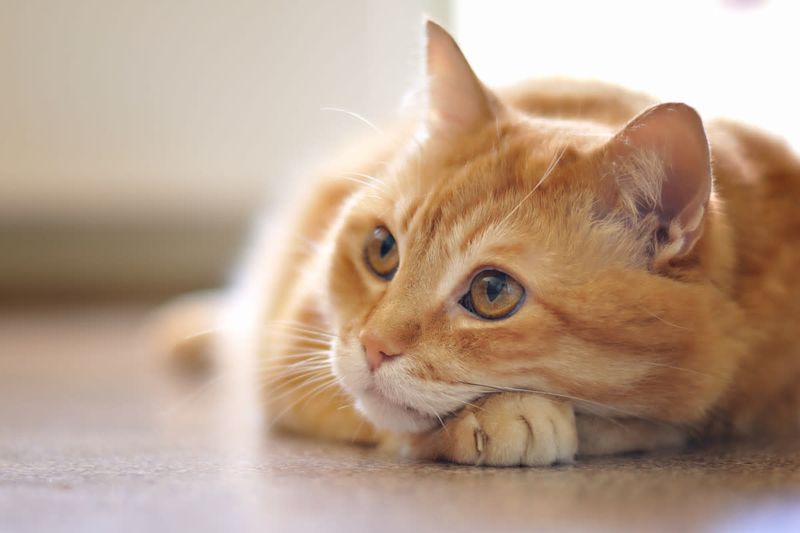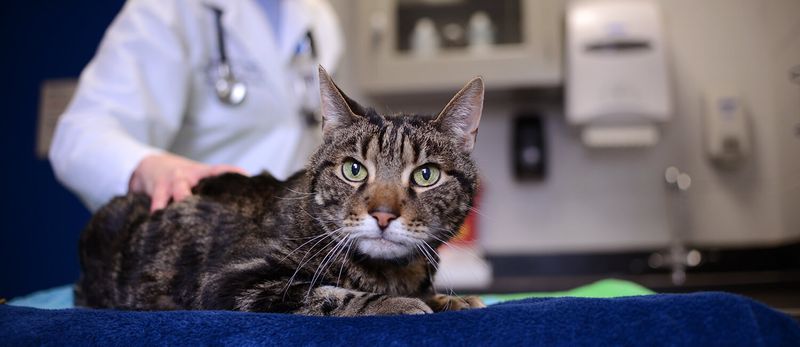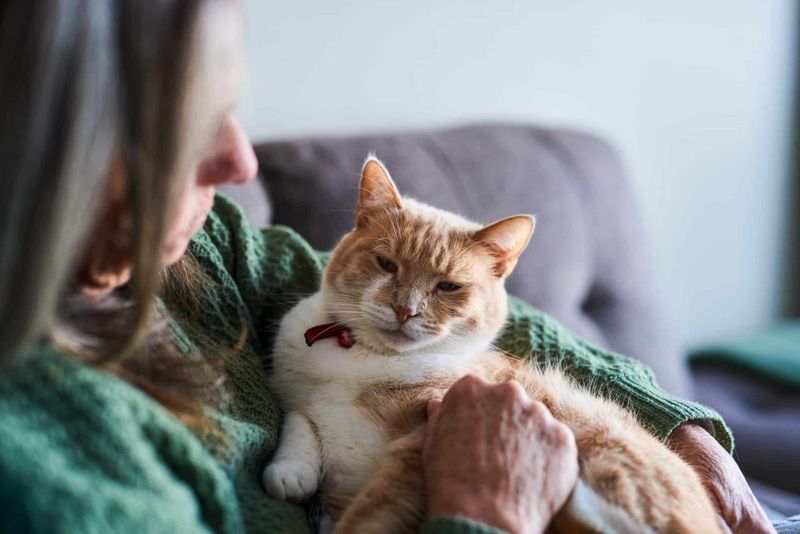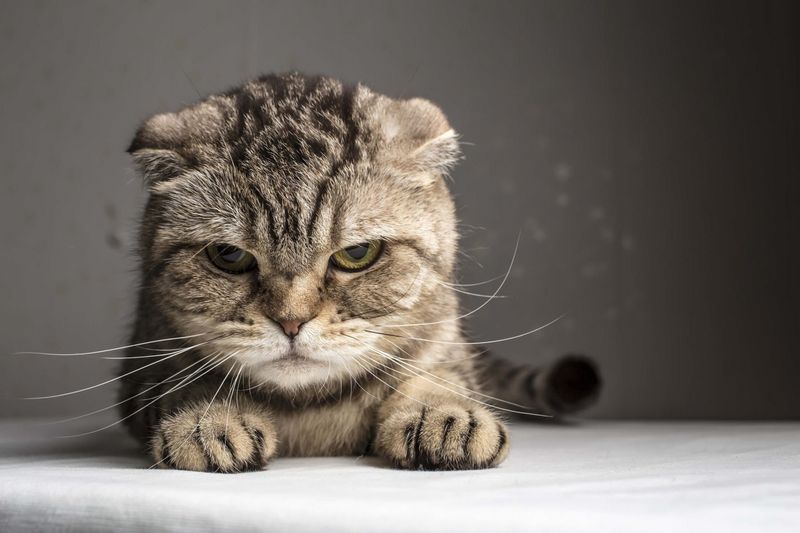📖 Table of Content:
- 1. Assess Your Home Environment
- 2. Research the Cat’s Medical History
- 3. Choose a Senior-Friendly Litter Box
- 4. Stock Up on Senior-Friendly Food
- 5. Create a Safe, Stress-Free Space
- 6. Prepare for Possible Mobility Issues
- 7. Senior-Proof Your Home
- 8. Establish a Consistent Routine
- 9. Monitor Hydration Levels
- 10. Provide Gentle Grooming & Coat Care
- 11. Address Dental Health
- 12. Watch for Behavioral Changes
- 13. Be Ready for Veterinary Costs
- 14. Offer Plenty of Love & Comfort
- 15. Be Patient & Give Them Time to Adjust
Bringing a senior cat into your home can be a deeply fulfilling experience for any pet lover. While kittens often attract the most attention, older cats offer a unique sense of tranquility and companionship. Their gentle nature and affectionate demeanor make them wonderful additions to a loving household.
However, adopting a senior cat requires special considerations to ensure their comfort and well-being. From adjusting their environment to meeting their specific health needs, preparing in advance is key to a smooth transition. Understanding these factors will help create a stress-free and welcoming space for your new feline companion.
This guide outlines 15 essential steps to help you provide the best possible care for your senior cat. By following these guidelines, you can ease their adjustment, improve their quality of life, and strengthen the bond you share. With patience, love, and the right approach, you can give your senior cat the golden years they truly deserve.
1. Assess Your Home Environment
When bringing a senior cat into your home, ensure a serene setting. Evaluate potential hazards, like open windows or accessible cords. Create a warm, inviting atmosphere with plush bedding and gentle lighting. Consider the noise level and activity in your home – senior cats thrive in calm surroundings. Provide easy access to essentials like food, water, and litter boxes. Designate quiet zones where they can retreat if overwhelmed. Additionally, think about vertical spaces like shelves or cat trees that offer vantage points without strenuous climbing. This thoughtful preparation paves the way for your senior cat’s comfort.
2. Research the Cat’s Medical History
Understanding your senior cat’s medical background is crucial. Request vet records to identify past health issues or special needs. Discuss vaccinations and any chronic conditions, like arthritis or diabetes, with your vet. This knowledge helps tailor care and anticipate future needs. Regular vet visits ensure ongoing health monitoring. Consider any medications your cat might require, and establish a schedule for administering them. Awareness of their health history allows you to provide the best care possible. Being informed about potential health issues can help in making proactive decisions to enhance their quality of life.
3. Choose a Senior-Friendly Litter Box
Senior cats may face mobility challenges, making litter box selection vital. Opt for a box with low sides, facilitating easy entry and exit. Non-clumping, soft litter is gentle on sensitive paws. Place the box in a quiet, accessible location. Consider multiple boxes if your home is large or multi-leveled. Keep the area tidy and odor-free to encourage use. Regular cleaning prevents discomfort and promotes hygiene. Monitor your cat’s litter habits for any changes, as these can signal health issues. A well-chosen litter box supports your senior cat’s dignity and comfort in daily life.
4. Stock Up on Senior-Friendly Food
Providing the right nutrition is key for senior cats. Choose age-appropriate cat food rich in essential nutrients. Consult your vet for recommendations based on your cat’s health status. Look for options with high-quality protein and joint-supporting ingredients. Hydration is equally important, so offer wet food or encourage drinking with fresh water bowls around the house. Watch for changes in weight and appetite, making adjustments as needed. A balanced diet supports a healthy immune system and energy levels. Ensuring your senior cat receives proper nutrition will contribute significantly to their well-being and longevity.
5. Create a Safe, Stress-Free Space
Senior cats appreciate tranquility and predictability. Design a safe haven with cozy beds, low lighting, and minimal disturbances. Avoid frequent changes to their environment, as this can cause stress. Introduce new elements gradually, observing your cat’s reactions. Keep household noise to a minimum, and provide spaces where your cat can relax undisturbed. Consider calming products like pheromone diffusers. Consistency in their surroundings helps prevent anxiety. By crafting a peaceful environment, you reassure your senior cat and enhance their quality of life, making their transition into your home smooth and nurturing.
6. Prepare for Possible Mobility Issues
Mobility challenges are common in senior cats, often due to arthritis and joint stiffness. To help them move comfortably, provide ramps for furniture access and use non-slip mats on smooth floors. Keeping essentials like food, water, and the litter box within easy reach prevents unnecessary strain. Maintaining a familiar environment is crucial, so avoid rearranging furniture, which can disorient older cats. Joint supplements, when approved by a veterinarian, may help improve flexibility and reduce discomfort. Engaging them in gentle play encourages movement without putting too much stress on their joints. Proactively managing mobility concerns helps senior cats maintain independence and comfort, ensuring they enjoy their golden years to the fullest.
7. Senior-Proof Your Home
Adapting your home for a senior cat minimizes injury risks. Secure loose wires and remove hazards like toxic plants. Use non-slip mats on tile or hardwood floors. Consider cushioning sharp furniture edges. Ensure windows are safely secured to prevent accidental falls. Elevate food and water dishes to reduce strain. Be mindful of open doors that could lead to dangerous areas. Regularly inspect your home for potential dangers. By senior-proofing your living space, you safeguard your cat’s well-being. This proactive approach creates a safe haven for your feline friend to explore and enjoy with confidence.
8. Establish a Consistent Routine
Establish regular times for feeding, grooming, and play. Consistency reduces anxiety and helps them feel secure. Use a planner to keep track of their schedule. Incorporate gentle play sessions to stimulate their mind and body. Regular grooming sessions maintain coat health and provide bonding opportunities. Routine vet visits ensure their health is monitored. Adjust activities based on your cat’s energy levels and preferences. By maintaining a steady routine, you enhance your senior cat’s quality of life, allowing them to feel more at ease and content in their daily environment.
9. Monitor Hydration Levels
Hydration is crucial for senior cats. Provide fresh water daily, placing multiple bowls throughout your home. Consider a cat water fountain, which may encourage more frequent drinking. Observe your cat’s drinking habits for any changes. Dehydration can lead to serious health issues, so ensure they have constant water access. If your cat prefers wet food, it can supplement their water intake. Monitor for signs of dehydration, such as sunken eyes or lethargy. Maintaining proper hydration is vital for kidney health and overall well-being. Prioritizing this ensures your senior cat stays healthy and comfortable.
10. Provide Gentle Grooming & Coat Care
Regular grooming is essential for senior cats. Their coats may require more attention as they age. Use a soft-bristle brush to remove loose fur and prevent matting. Grooming sessions offer bonding time and allow you to check for skin issues or lumps. Pay attention to areas they might struggle to reach. Gentle grooming helps circulate oils, promoting a healthy coat. If your cat resists grooming, try different tools or approaches. Regular grooming supports your cat’s hygiene and comfort. By maintaining their coat, you contribute to their overall health and well-being.
11. Address Dental Health
Schedule regular dental check-ups with your vet. Watch for signs of dental issues, such as bad breath or difficulty eating. At home, gently brush their teeth using cat-safe toothpaste. Dental treats or toys can help reduce plaque build-up. Poor dental health can affect overall well-being and lead to more severe health problems. By addressing dental care proactively, you help prevent pain and discomfort. Prioritizing dental health ensures your senior cat maintains a healthy mouth, contributing to their comfort and quality of life.
12. Watch for Behavioral Changes
Behavioral changes can signal health issues in senior cats. Observe any shifts in eating, sleeping, or grooming habits. Increased vocalization or aggression may indicate discomfort. Keep notes of unusual behaviors and consult your vet if concerns arise. Stress can exacerbate behavioral changes, so maintain a calm environment. Engage your cat with gentle play to stimulate their mind. Understanding these changes is key to addressing potential health problems. Being observant and proactive helps ensure your senior cat’s well-being. By staying vigilant, you support their health and happiness in their later years.
13. Be Ready for Veterinary Costs
Caring for a senior cat involves financial planning. Veterinary costs can rise due to frequent check-ups and potential treatments. Budget for regular vet visits and unforeseen expenses. Consider pet insurance to help manage unexpected costs. Discuss payment options with your vet if finances become strained. Understanding the financial commitment ensures you can provide necessary care. Being prepared for these expenses helps avoid stress and ensures your cat receives timely medical attention. By planning financially, you safeguard your cat’s health and enhance their quality of life.
14. Offer Plenty of Love & Comfort
Senior cats thrive on love and attention. Spend quality time petting and cuddling with your cat. Recognize their affection preferences and respect their boundaries. Offering comfort reassures them and strengthens your bond. Create cozy spots where they can relax by themselves or with you. Engaging in gentle play or simply being nearby provides companionship. A loving environment enhances their emotional well-being. By showering your senior cat with affection, you enrich their life and create a nurturing home they cherish. It’s these tender moments that truly make their golden years special.
15. Be Patient & Give Them Time to Adjust
Transitioning to a new home can be challenging for any cat. Allow them time to explore and adjust at their own pace. Be patient if they hide or seem aloof initially. Gradually introduce them to different areas of your home. Provide reassurance through gentle words and soft petting. Encourage interaction with treats or toys, but never force engagement. Over time, as they become more comfortable, their personality will shine. Patience fosters trust and strengthens your relationship. By giving them time, you help your senior cat feel secure and loved in their new environment.
